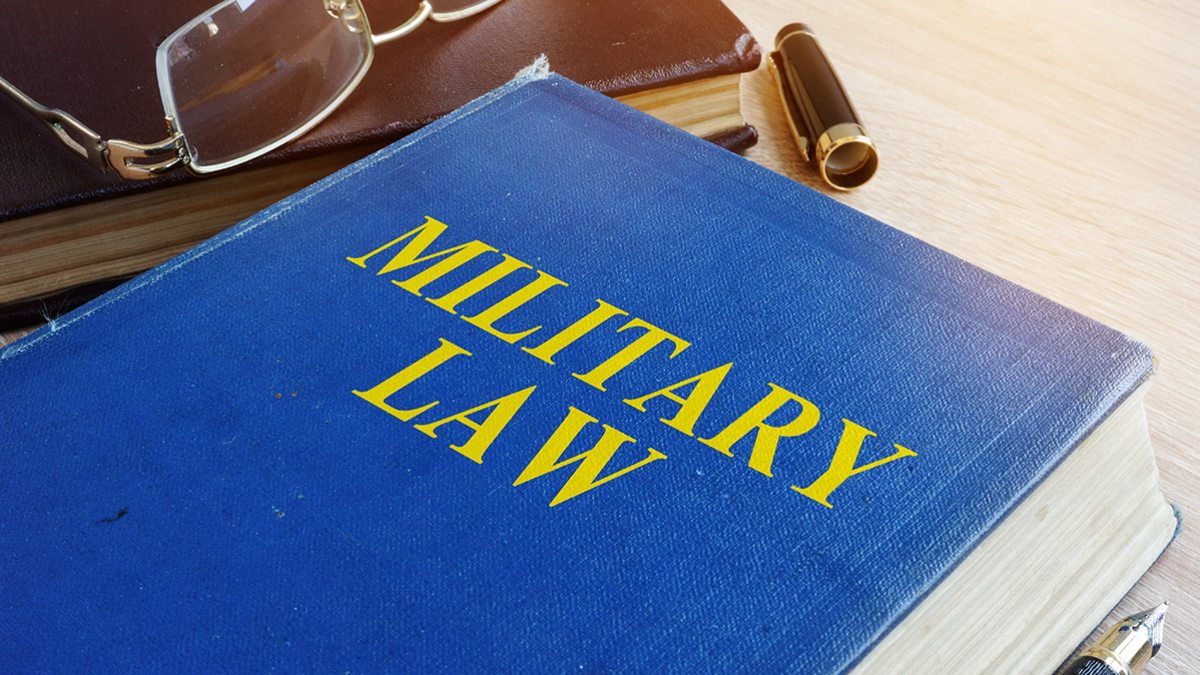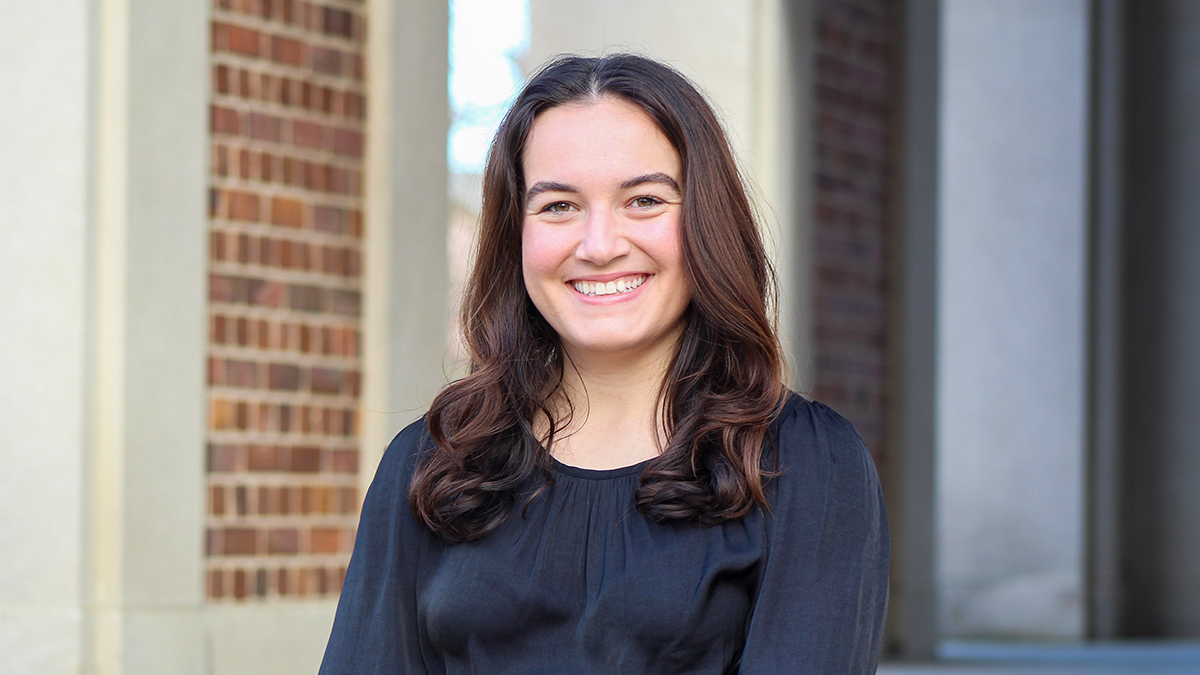Military, veteran law clinic helps warriors receive health care
School of Law students are providing pro bono legal support to former military service members who need access to veterans' benefits and health care.

Thousands of former service members in North Carolina need legal support to access Department of Veterans Affairs health care and benefits. So, School of Law students are stepping in to provide that support at no cost.
Carolina’s Military and Veterans Law Clinic, led by Army veteran John Brooker ’03 (JD), serves North Carolinians who are fighting for an upgrade or correction to their military discharge status. With Brooker’s guidance, Carolina Law students take ownership of their cases, from researching the law to representing clients before military administrative boards.
“The fundamental skills that every attorney needs, students learn them here,” Brooker said. “We’re training them to be good attorneys and to understand the art of advocacy. But all of our effort doesn’t just go toward educating the students, it also goes toward helping North Carolinians. We help folks who need access to justice.”
One of those people, an 85-year-old Cold War-era service member from Eastern North Carolina, was given a bad-conduct discharge for failing to report to work one day. He served six months in jail for his misconduct and has spent the rest of his life without access to life-altering care and benefits.
Another client, an African American man from the North Carolina foothills who served in Vietnam, was discharged with other-than-honorable status for minor misconduct after enduring racism from a leader of his unit, Brooker said. Although the client appears to be eligible for a Purple Heart after suffering a documented injury in combat, he was never awarded one. He continues to be improperly turned away from care at the VA, even as he suffers from diabetes and coronary artery disease connected to Agent Orange exposure, Brooker said.
“These are the types of cases we see. Almost every one of them leaves you speechless,” Brooker said, adding that many minor misconduct issues are related to PTSD and other service-connected mental health conditions that were not formally recognized until the 1980s.
Because each case is complex, students work with experts across the UNC System, including psychologists and social workers, to approach the law from a multidisciplinary standpoint.
Brooker believes the students’ advocacy will help pave the way toward resolving homelessness and high suicide rates among veterans. But most of the students’ clients don’t come to them for access to benefits — they come seeking validation of their service to the country.
“I tell my students, I can’t guarantee that they’re going to win the case,” Brooker said, “but I can guarantee two things: you’re going to learn, and your client is going to be in tears. Because someone is helping them and hearing their story.”
Leah Kaiser, who is in her last year of law school while pursuing a dual master’s in environment, ecology and energy, said being part of the law clinic has been her favorite experience at Carolina so far.
“It’s one thing to learn the theory of the law, but it’s a totally different thing to actually meet a client one-on-one and be able to apply that knowledge to their case in a way that feels immediately meaningful,” she said. “It’s an incredible rewarding experience.”
As his students successfully complete their clinic and move on to careers in law, Brooker hopes they will make public service a part of their daily lives.
“When they help folks on the level that they do, and when they help folks who wouldn’t otherwise have access to legal representation, we’re instilling that sense of service,” he said, “and we hope it can continue beyond their time in the clinic.”
As far as Kaiser is concerned, it will.
“Some of these people have been waiting for many years, and they’re just so grateful that someone is taking the time to hear their story and taking the next steps to help them,” she said. “It’s really encouraged me to want to continue to do pro bono work in my future, and hopefully within this same sphere.”




